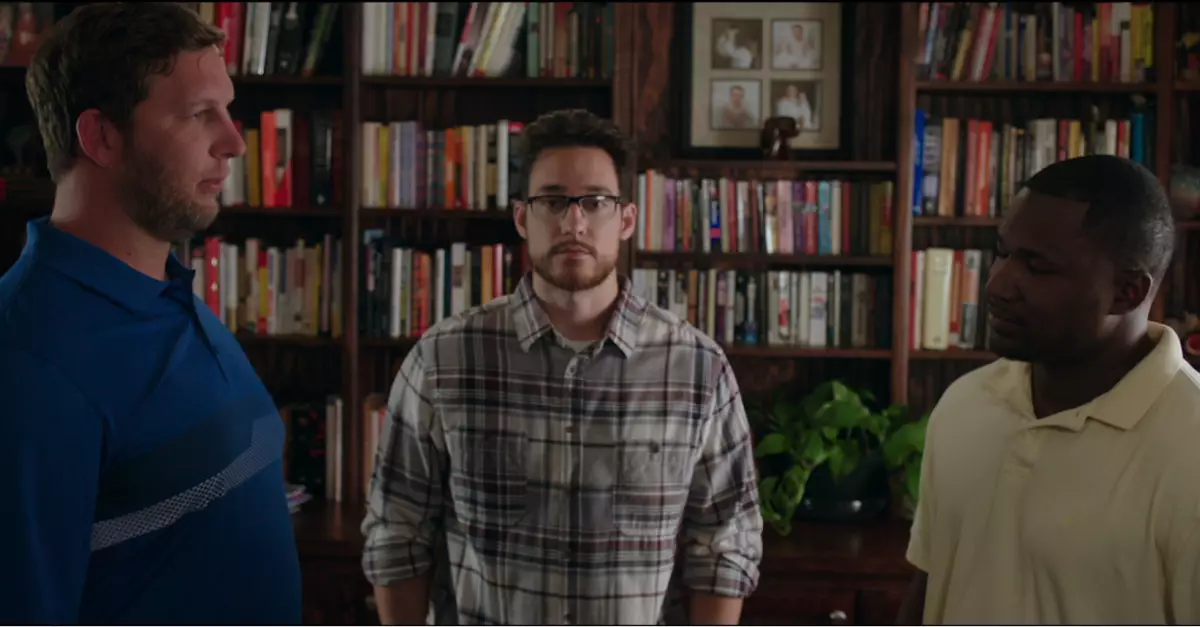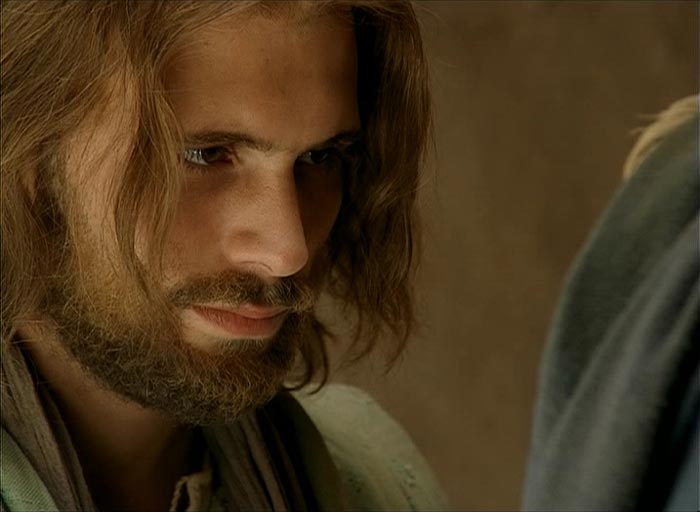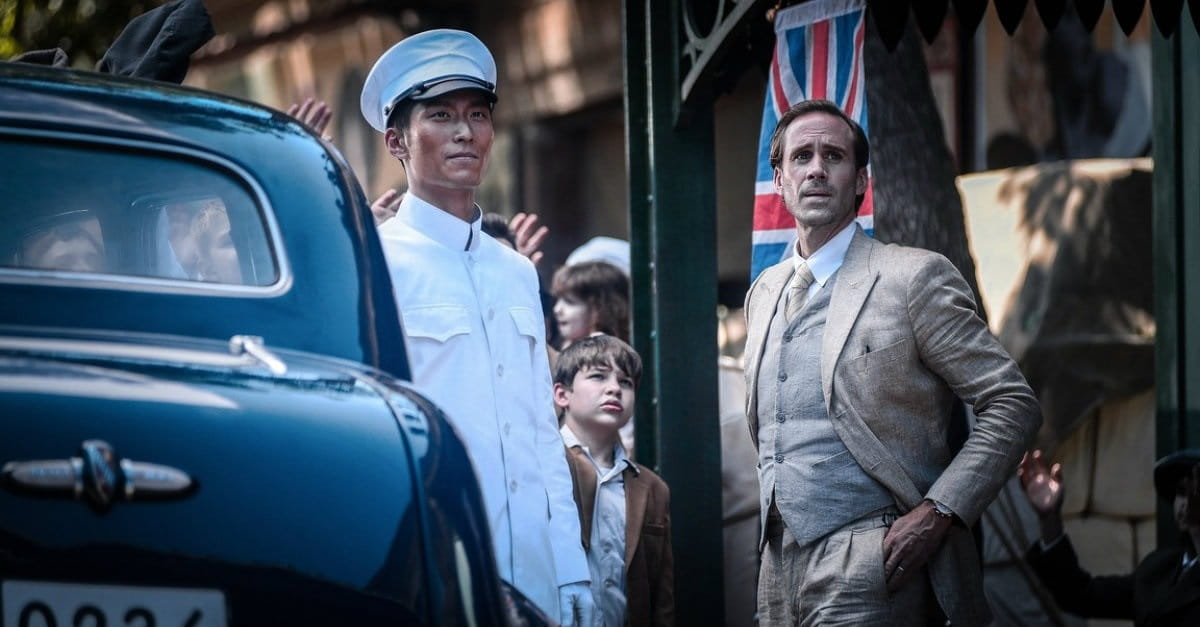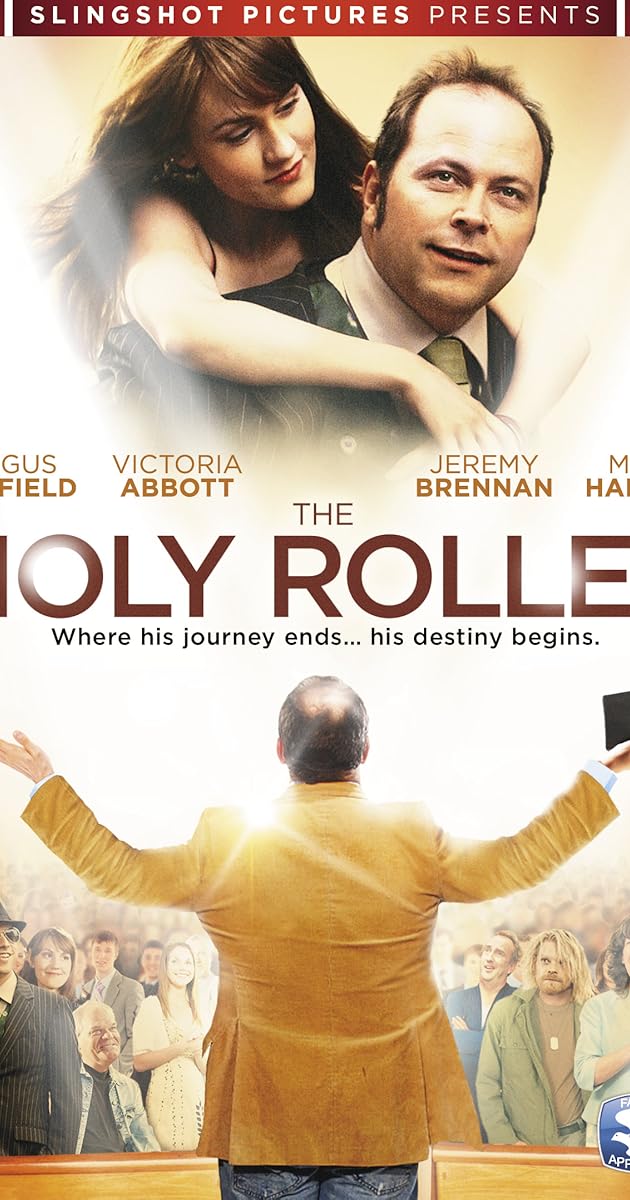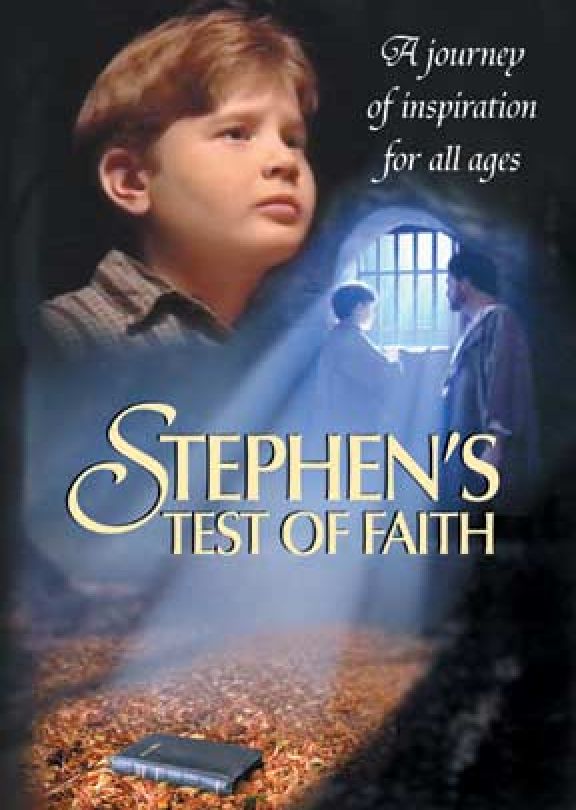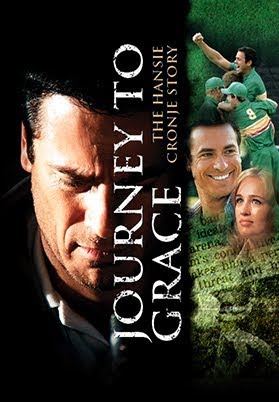
Plot Summary
Pastor Dave is up to another one of his escapades, this time standing up to an evil social worker, as well as a local judge, who wants to shut down a homeschooling co-op for not teaching certain curriculums. Thus, the only option for Dave is to take the homeschooling families to testify before Congress just as the government is debating a radical education bill that would take over all education in the entire country. Will Dave’s unhinged diatribes be enough to save the nation’s homeschoolers from total annihilation???
Production Quality (2.5 points)
Like many recent PureFlix movies, God’s Not Dead 4: We the People contains a fine production with few errors. Video quality, camera work, and audio quality are all either average or better. Sets, locations, and props are also up to industry standards. The only concerns in this section pertain to very poor CGI and some aspects of unprofessional editing. Thus, a relatively high score is warranted in this section.
Plot and Storyline Quality (-1.5 points)
With this unnecessary fourth installment of a half-baked film franchise that almost no one cares about anymore, the PureFlix team returns to their original God’s Not Dead and Do You Believe? roots by serving up a hodge-podge of politically charged subplots, smashed together in a salad of madness. This screenplay also calls back to the older days of PureFlix when their patented in-your-face dialogue, issue-representing characters, and absurdly childish villains reigned supreme. With literally no real-world precedent for a local government successfully regulating the curriculum of a homeschooling co-op, the writers of this narrative look for persecution under every rock while espousing a very backwards fundamentalist worldview. As conversations are used to dump one-sided information, culture war buzzwords, and extremist talking points on the viewers, We the People has the feel of an anti-Common Core docu-drama, complete with cheesy stock footage of Washington DC and quotes from President Ronald Reagan to fill time. While attempting to riff on and pay homage to whatever random and irrelevant hill on which the ultra-conservative Christian audience is trying to die these days, the writers of this “movie” craft overly contrived scenes and situations that are full of ridiculous coincidences and unrealistic portrayals of legal proceedings. It all crashes into a bombastic conclusion complete with an impassioned David A. R. White meltdown. Therefore, due to the propaganda nature of this plot, negative points are awarded here.
Acting Quality (1.5 points)
Although many cast members are average or slightly better in their performances, David A. R. White stands out for all the wrong reasons. Between slurry line delivery and bad phone acting, it’s hard to ignore White’s typical unprofessionalism. Elsewhere, some emotions come off as mechanical even though line delivery is mostly acceptable. Some performances are better than others, which produces an average rating.
Conclusion
This unwarranted creation is an embodiment of how PureFlix is being hollowed out as a company and replaced with better prospects. The noticeably shorter runtime and lower budget of We the People demonstrates the overall decline of PureFlix, once at the pinnacle of Christian entertainment. However, this dethronement is a sign of progress for Christian media, leaving the fourth God’s Not Dead film as just a relic of a bygone era that can remind us to never go back to those days.
Final Rating: 2.5 out of 10 points


